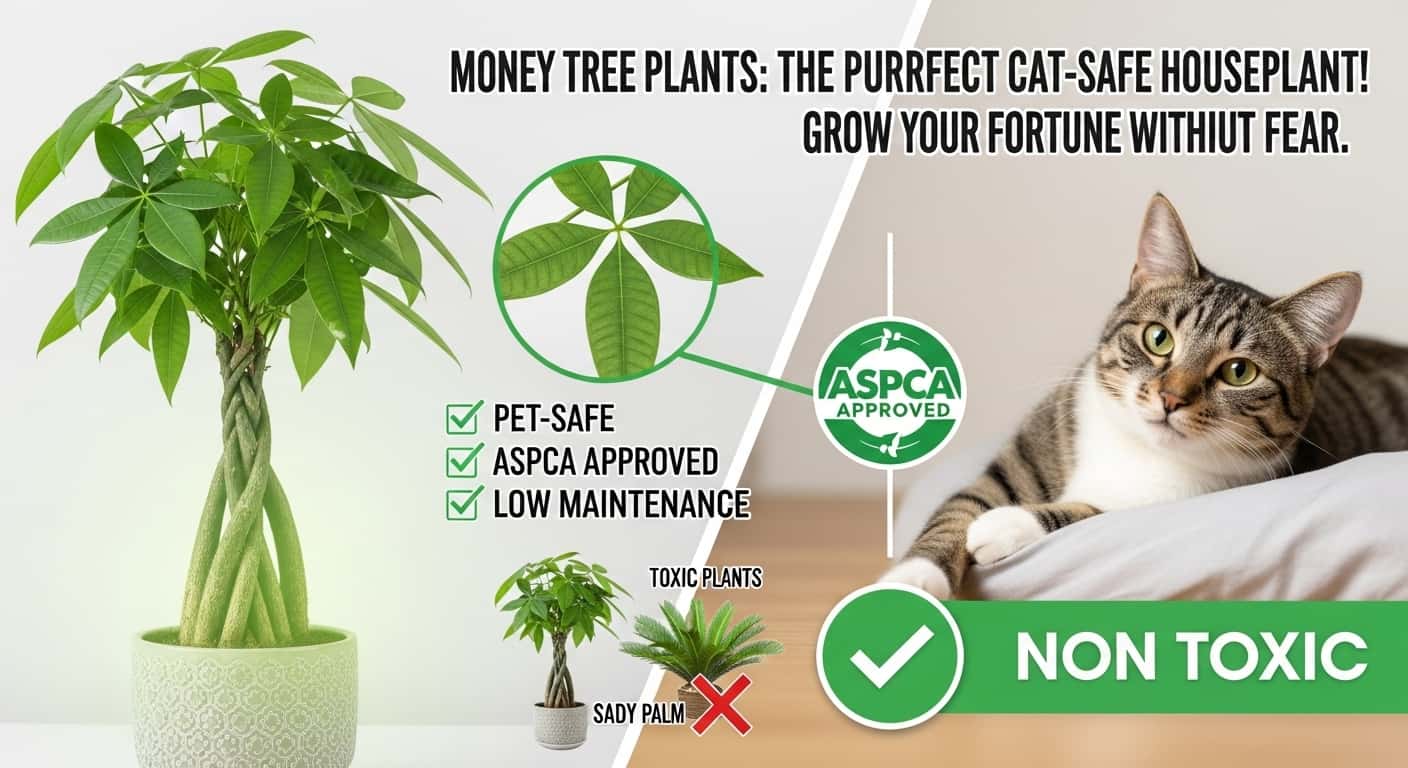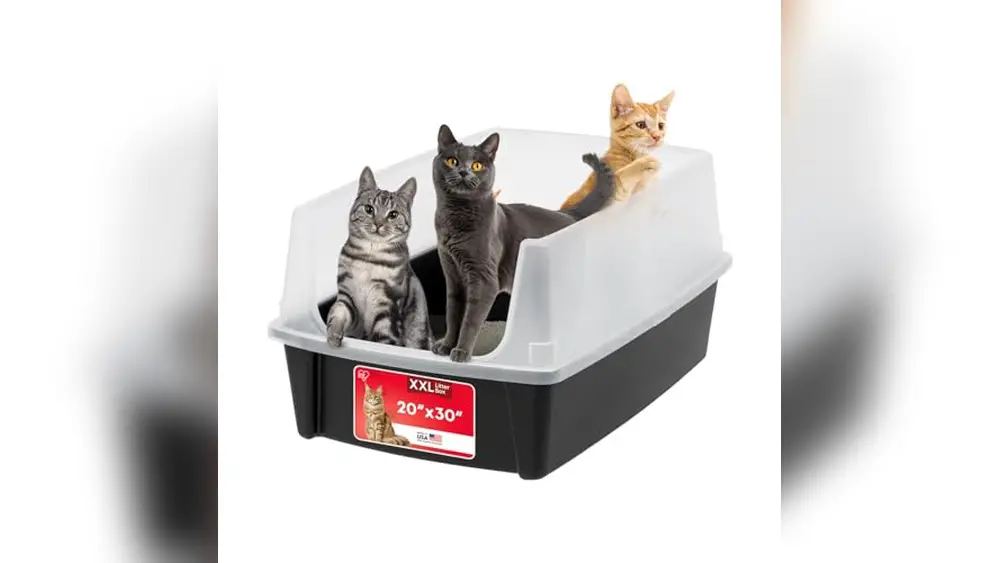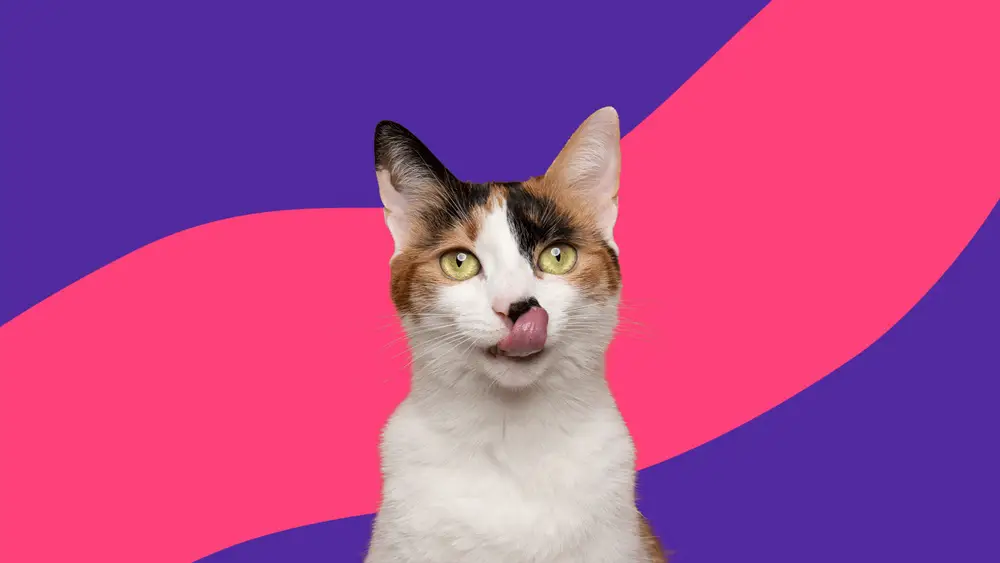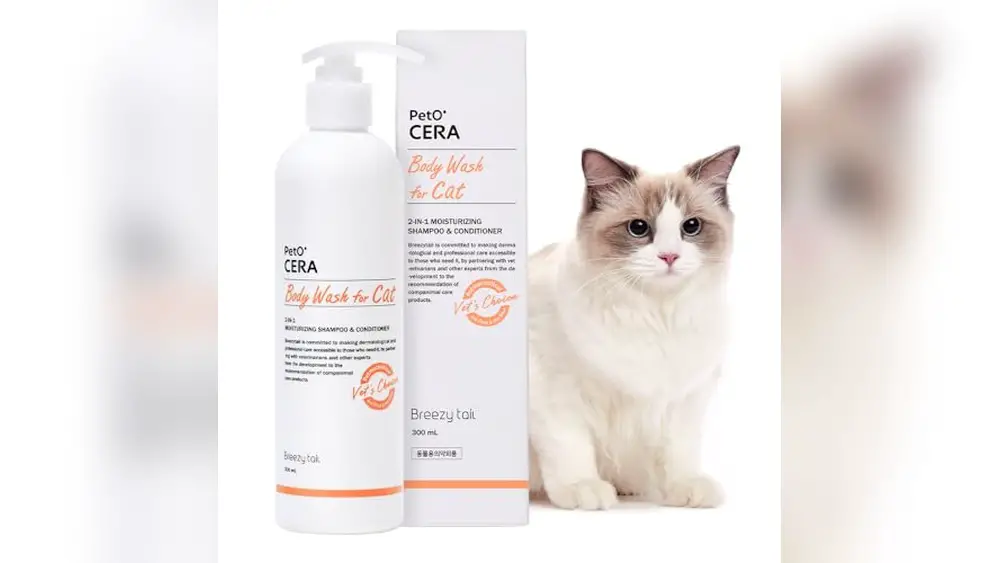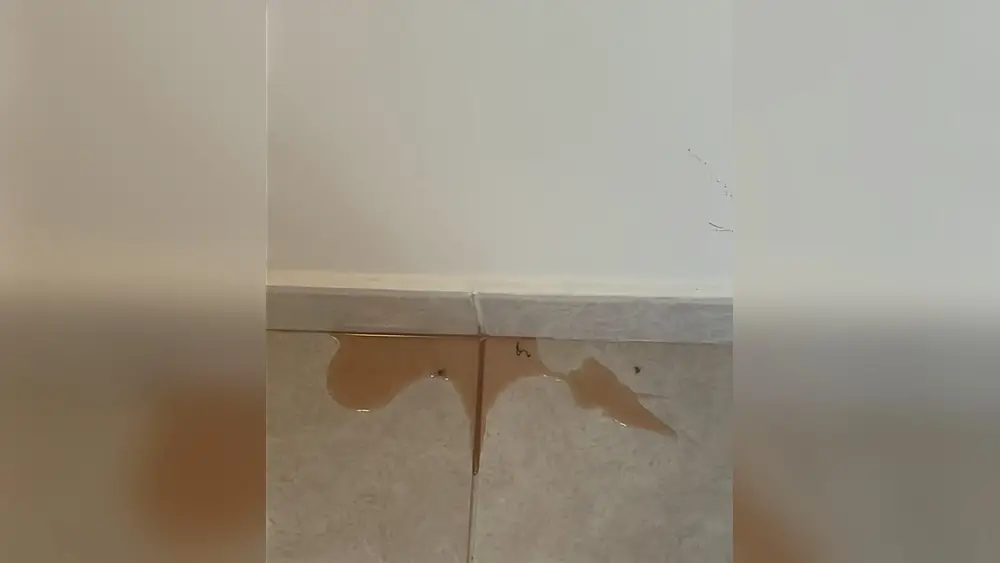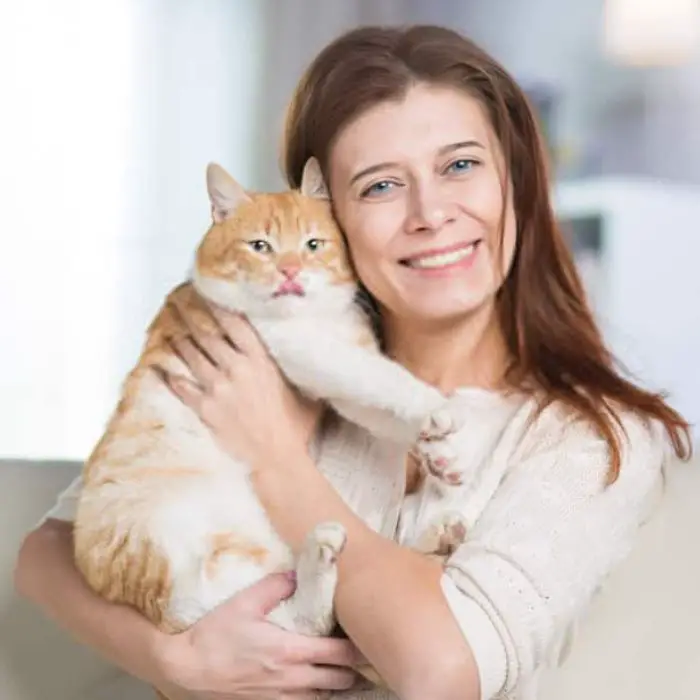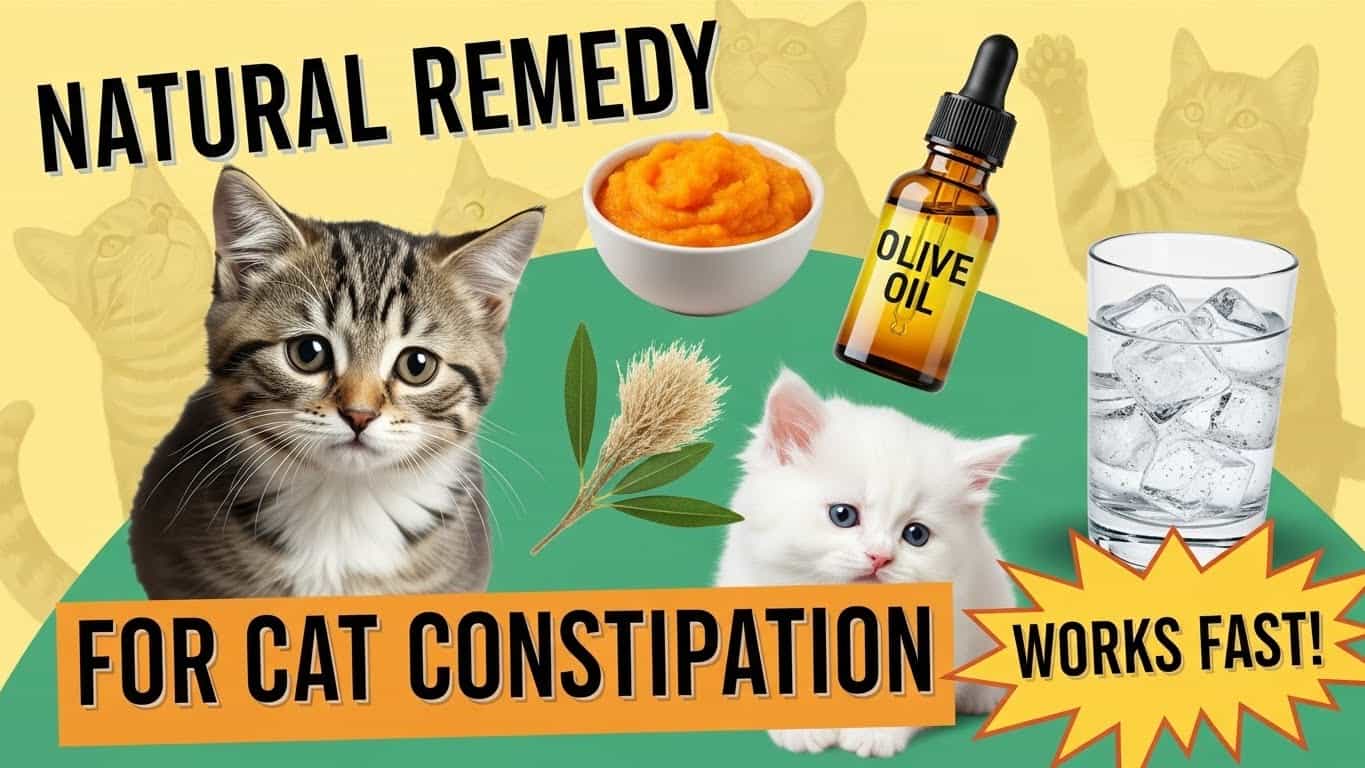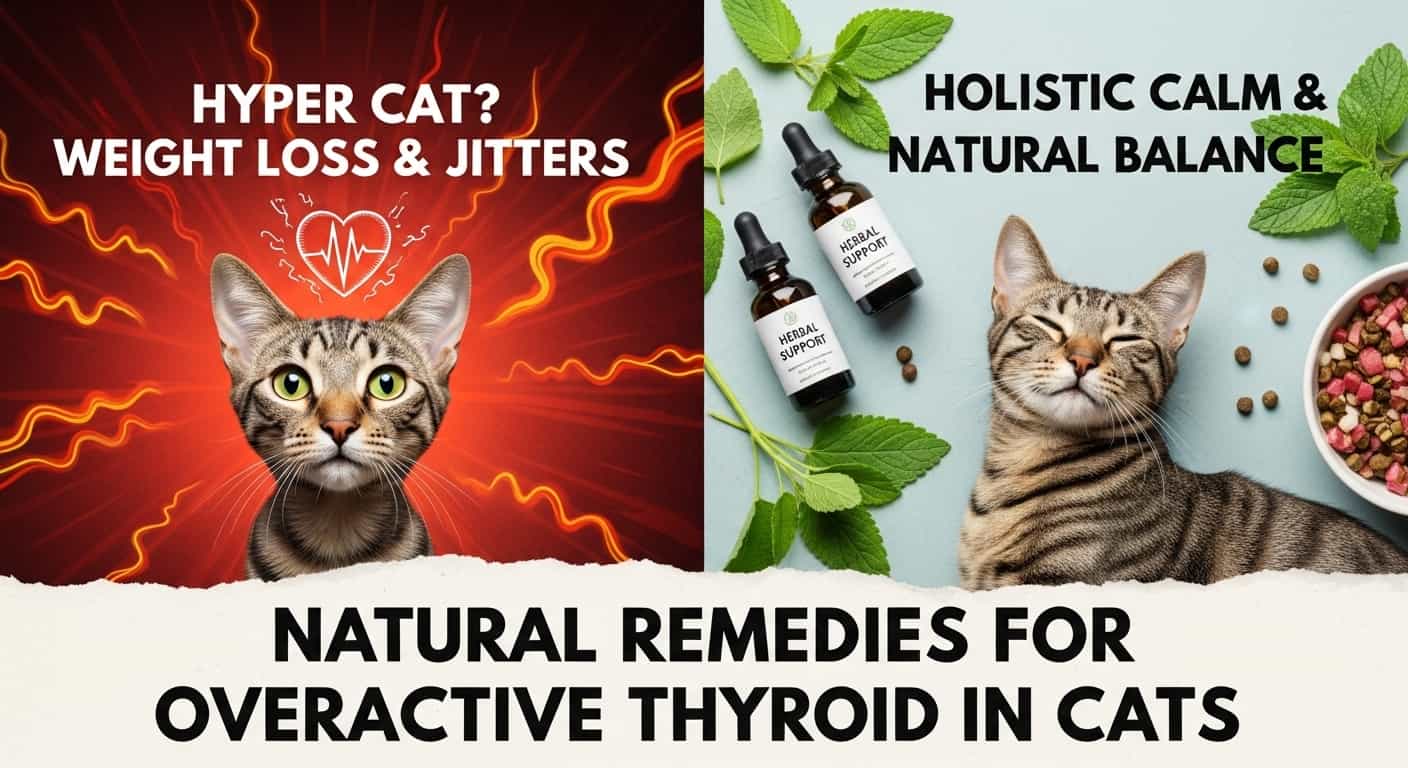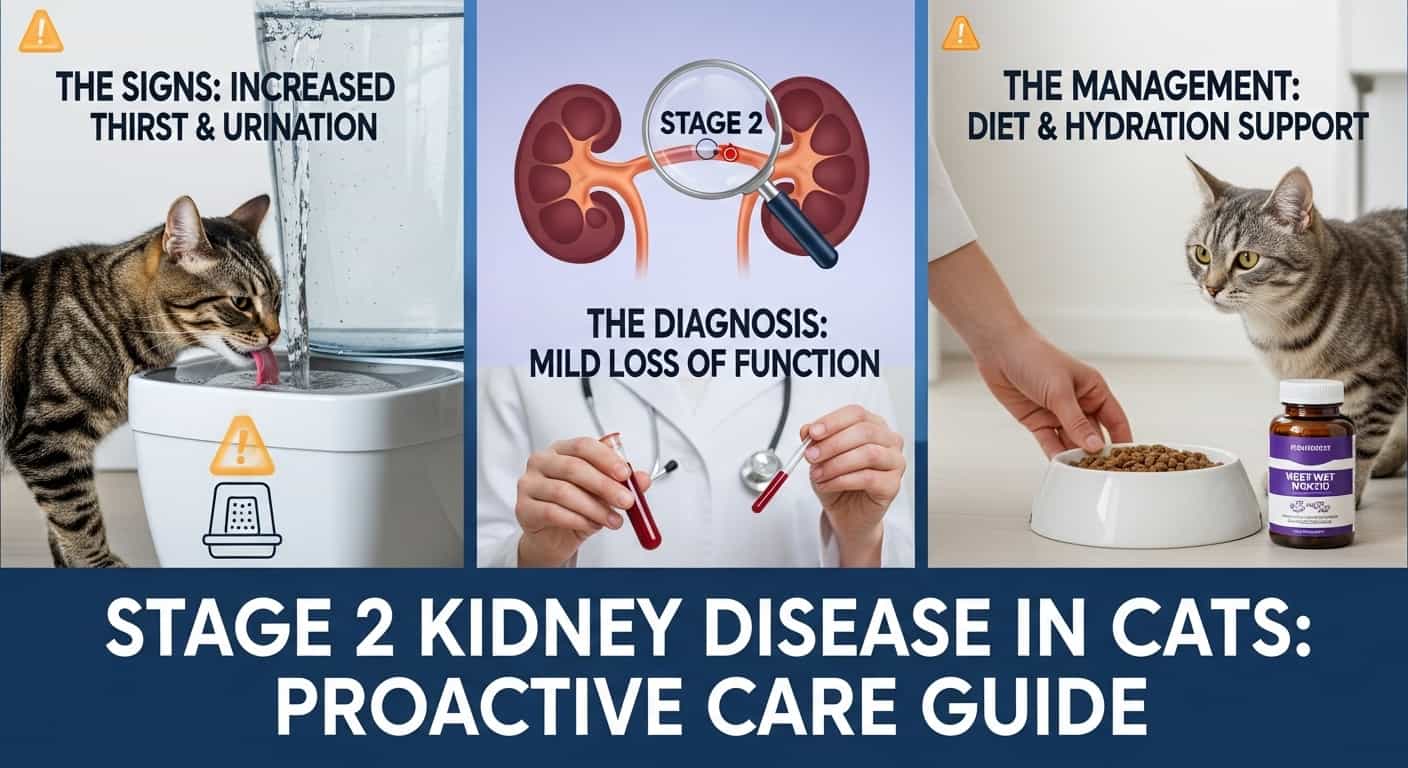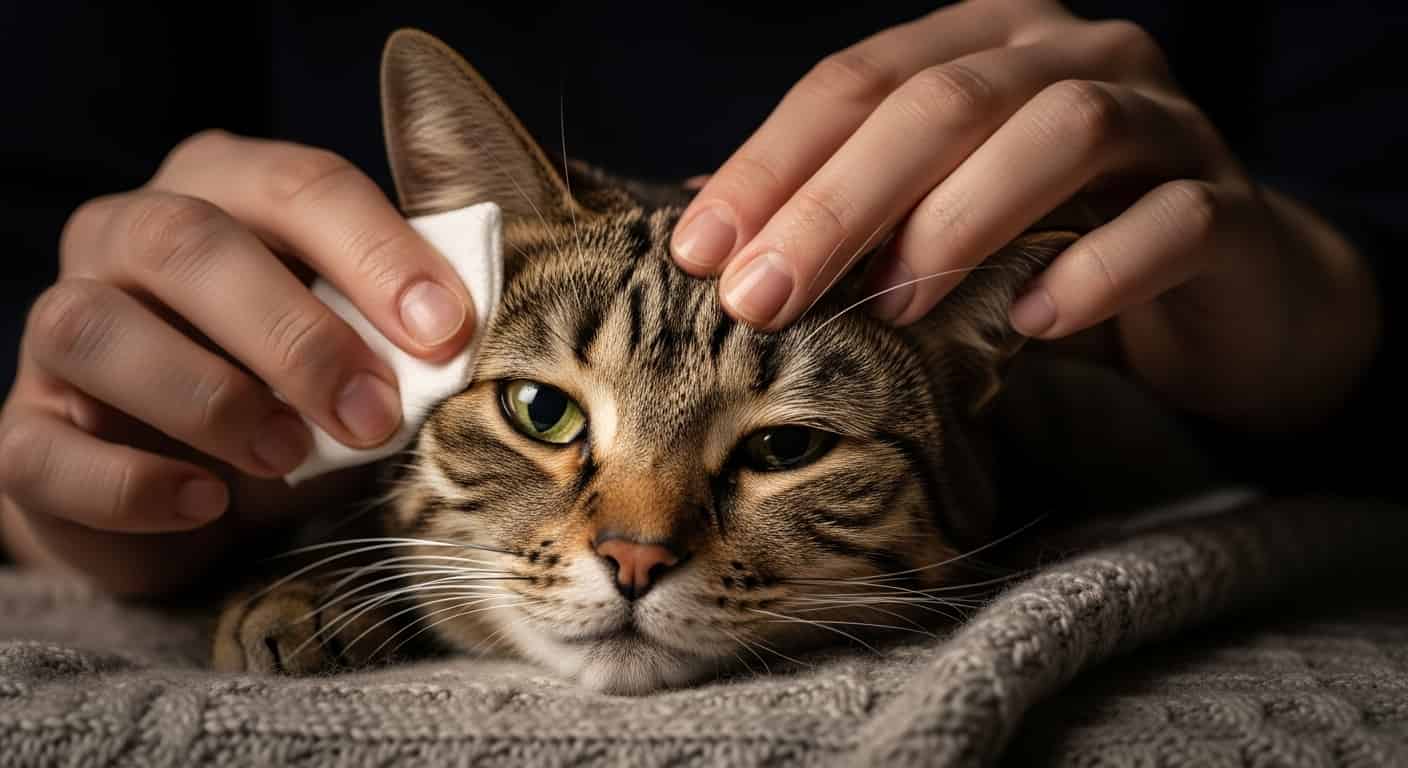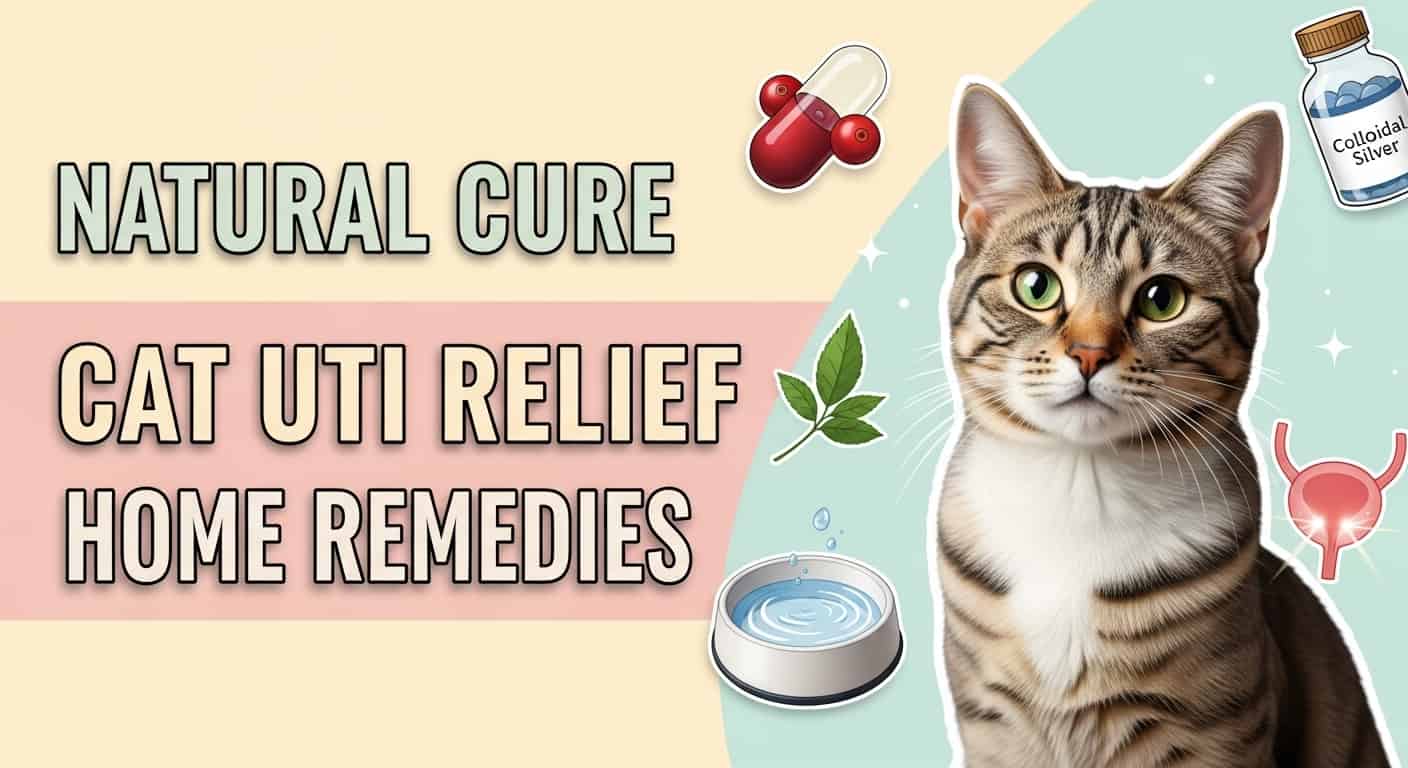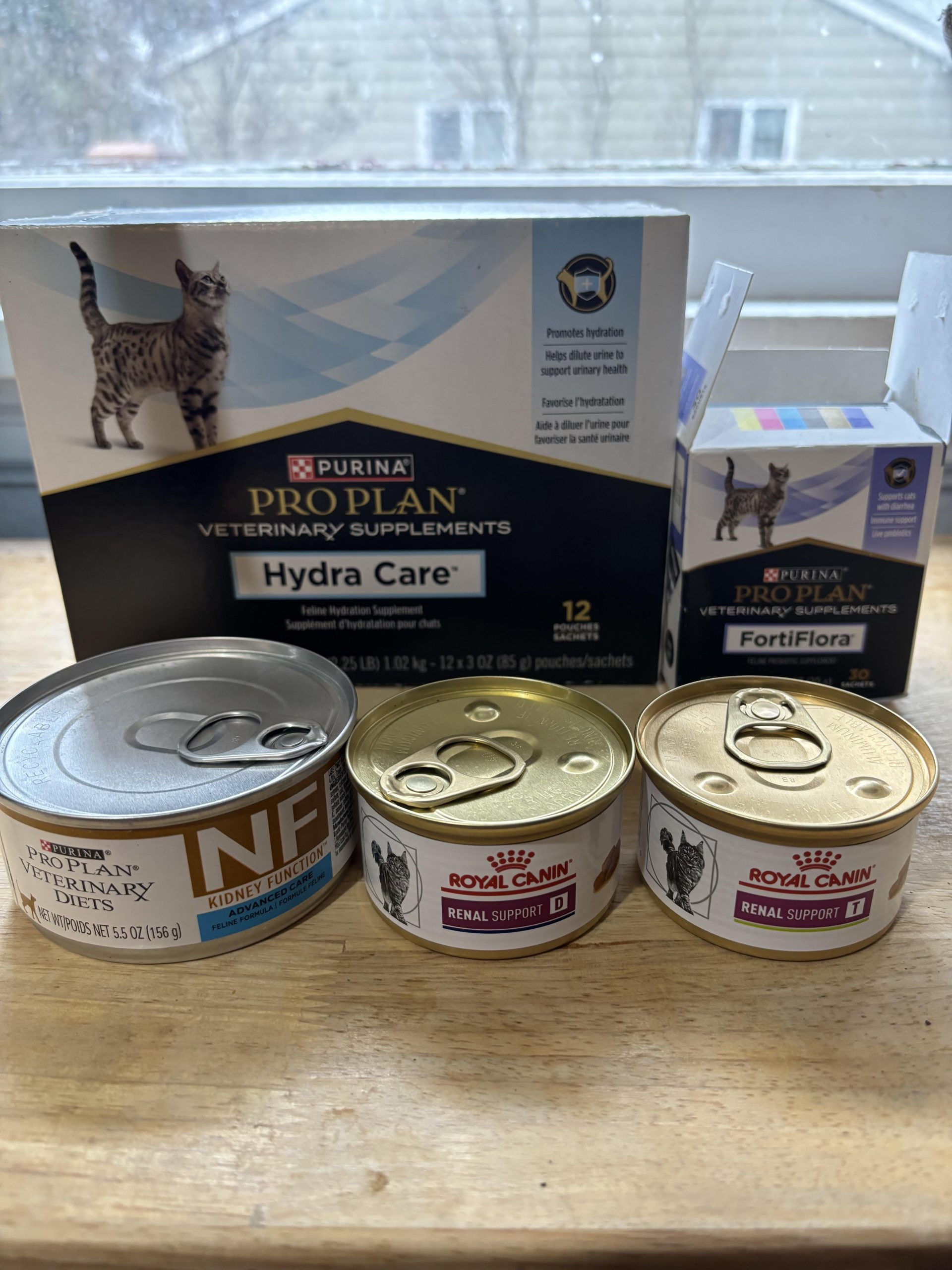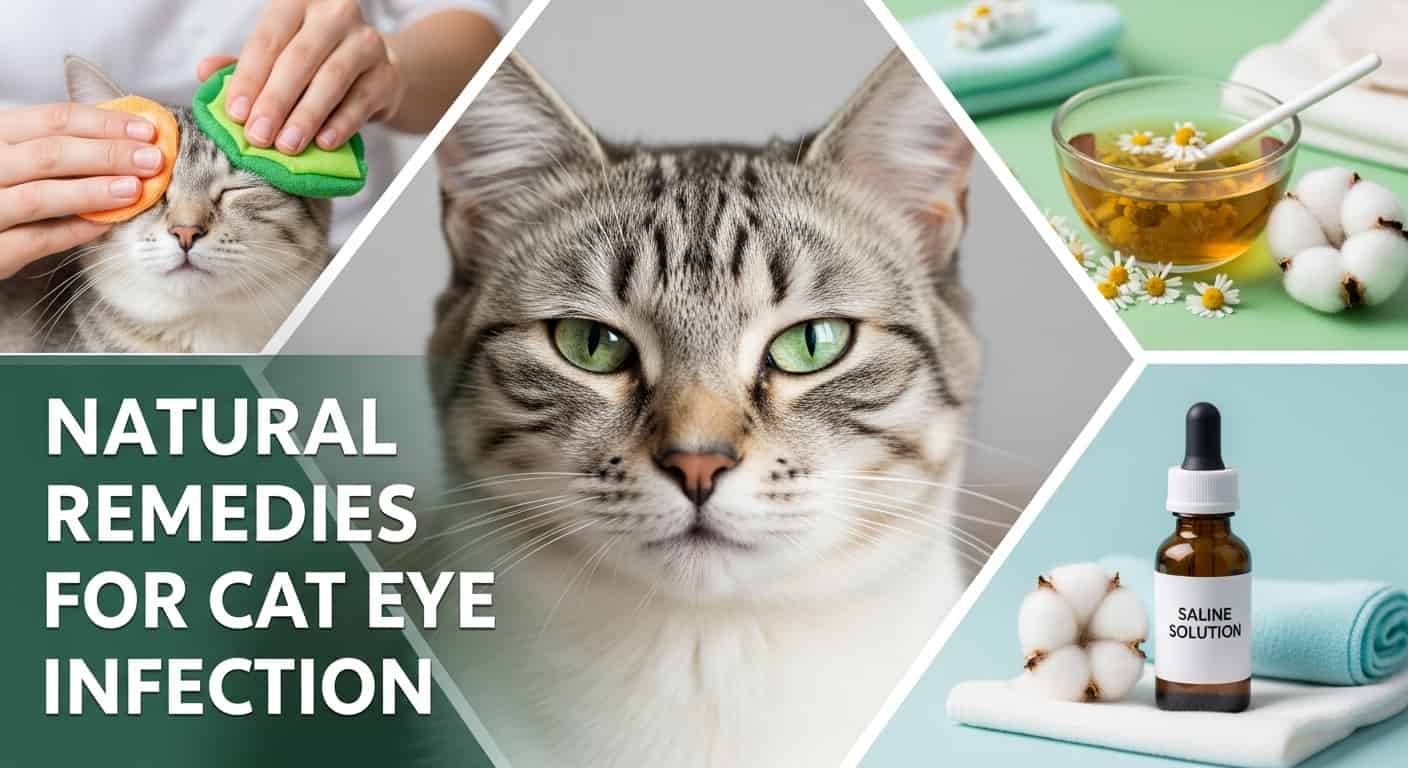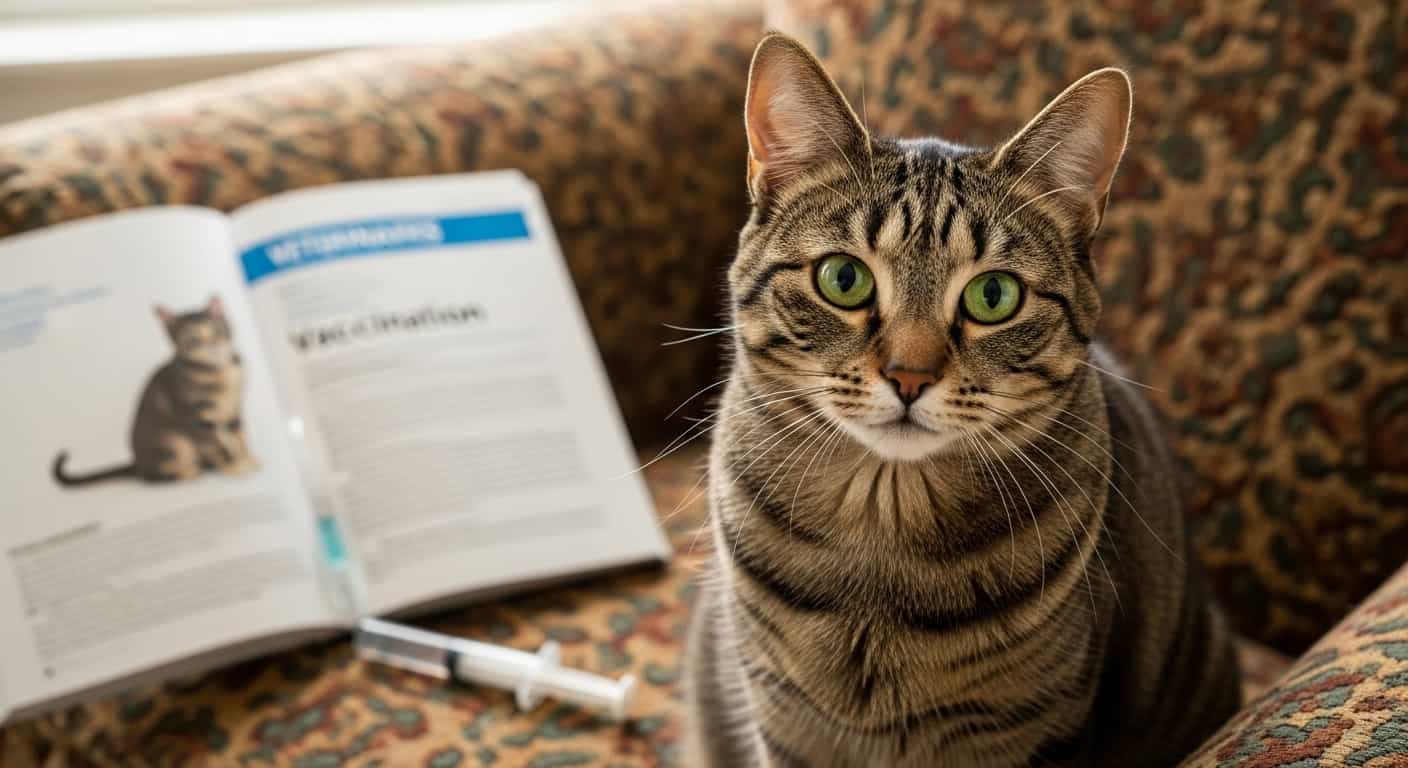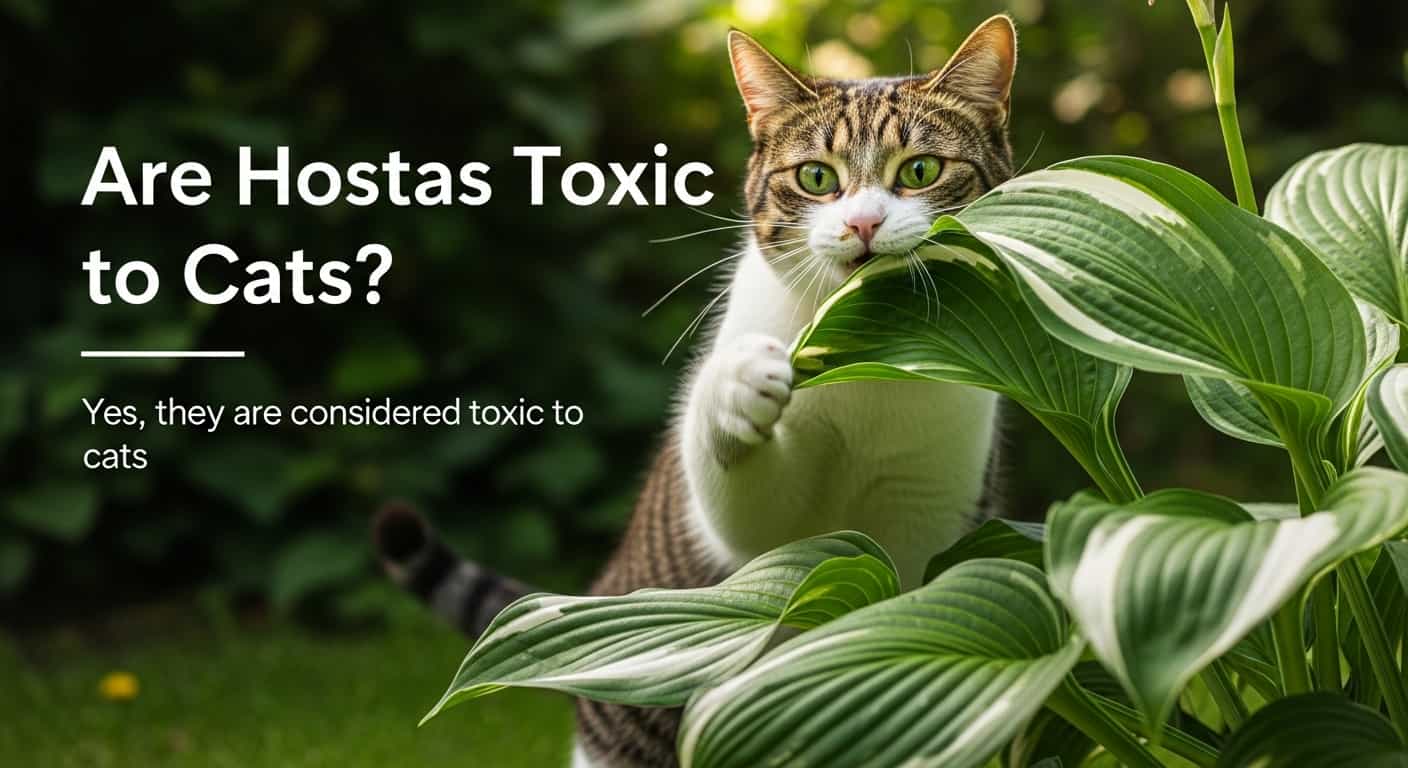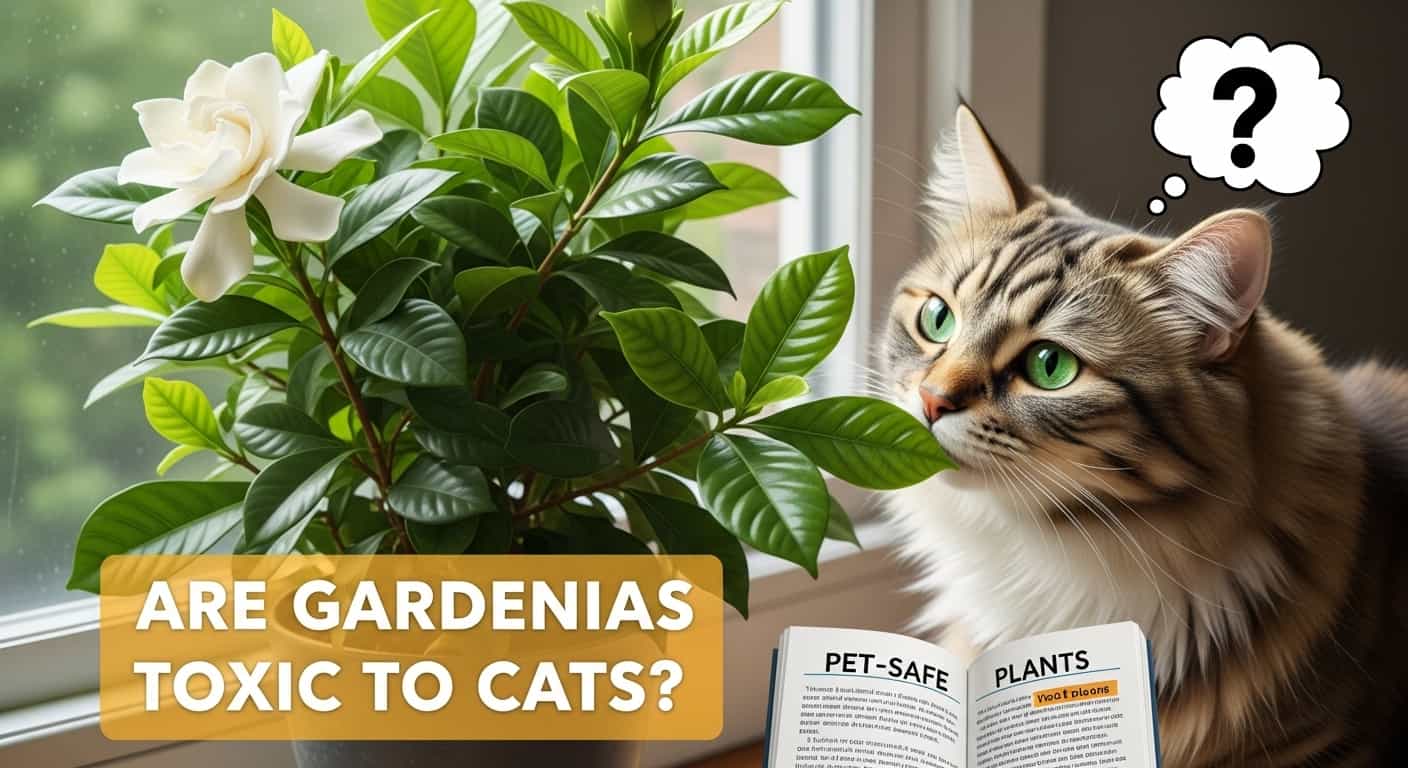Imagine coming home to find your curious cat nibbling on the leaves of your cherished Money Tree plant. Panic sets in as you wonder: are Money Tree plants toxic to cats?
Table of Contents
ToggleYour furry friend’s health is your priority, and understanding the risks associated with common household plants is crucial. This article will shed light on whether your beloved Money Tree could pose a threat to your feline companion. You’ll discover essential tips to ensure a safe environment for both your pet and your greenery, giving you peace of mind and a harmonious home.
Keep reading to unravel the truth about Money Tree plants and your cat’s well-being.
Money Tree Plant Basics
The Money Tree, or Pachira aquatica, is a popular houseplant. It is known for its braided trunk and lush green leaves. Many believe it brings good luck and positive energy. But, is it safe for cats? Understanding the basics can help you decide if it’s right for your home.
Origin And Characteristics
The Money Tree originates from Central and South America. It thrives in humid environments, resembling its natural habitat. This plant can grow up to 60 feet in the wild. Indoors, it usually stays much smaller, around 6 to 8 feet. Its leaves are shiny and palmate, adding a tropical feel to any room. The braided trunk is a distinctive feature, often seen in decorative arrangements.
Common Uses In Homes
The Money Tree is a favorite for home decor. It’s easy to care for and adapts well to indoor conditions. Many people place it in living rooms or offices. It adds a touch of nature and can purify the air. Feng Shui enthusiasts say it attracts wealth and prosperity. It’s also a great choice for beginners due to its low maintenance needs.

Credit: www.thezensucculent.com
Toxicity Concerns For Cats
Money Tree plants add a touch of nature to any home. But cat owners must be careful. Some plants are toxic to cats. Knowing the risks is crucial for pet safety. Understanding the symptoms can help you act fast.
Here's a related post that you might find useful. Are Boston Ferns Toxic to Cats: Essential Safety Tips
Common Symptoms Of Poisoning
Cats may show signs after eating toxic plants. Watch for vomiting and diarrhea. Drooling can be another symptom. Cats may lose their appetite. Breathing issues need urgent attention. If you see any symptoms, contact your vet quickly.
Why Cats Are At Risk
Cats love to explore their surroundings. They often chew on leaves. It satisfies their curiosity. Some plants may look appealing to them. Cats might not know which plants are safe. This puts them at risk of poisoning.
Scientific Insights
Curiosity surrounds the safety of money tree plants for feline friends. Research reveals these plants are non-toxic to cats. Cat owners can breathe easy with money trees in their homes.
When you’re a cat owner, you often find yourself navigating the delicate balance between creating a beautiful home and ensuring it’s safe for your feline friend. One question that might arise is whether your beloved Money Tree plant poses a risk to your cat. Scientific insights can shed light on this concern, helping you make informed decisions about your indoor greenery.Chemical Composition
The Money Tree, scientifically known as Pachira aquatica, is popular for its lush, vibrant foliage. But what’s lurking beneath those leaves? The plant contains saponins, a naturally occurring compound. Saponins can cause irritation in some animals. Think of saponins as nature’s soap; they can bubble up trouble for your pets. In small amounts, they might not be harmful, but larger quantities could be concerning.Studies On Toxicity
Research on the toxicity of Money Tree plants in cats is limited. However, anecdotal evidence suggests mild symptoms like vomiting or diarrhea after ingestion. Have you ever noticed your cat nibbling on houseplants? It’s a common curiosity-driven behavior, but it can lead to health issues. Observations from pet owners indicate that cats who ingest Money Tree leaves might experience discomfort. Is your cat’s health worth the risk of a few decorative leaves? Consider the potential consequences and weigh them against the joy your plant brings. In the realm of scientific studies, the absence of extensive research doesn’t mean you should overlook potential dangers. Could your home be a safer space for your pet if you knew more about plant toxicity? Always consult with a vet if you’re uncertain about a plant’s impact on your cat. Your pet’s well-being is paramount.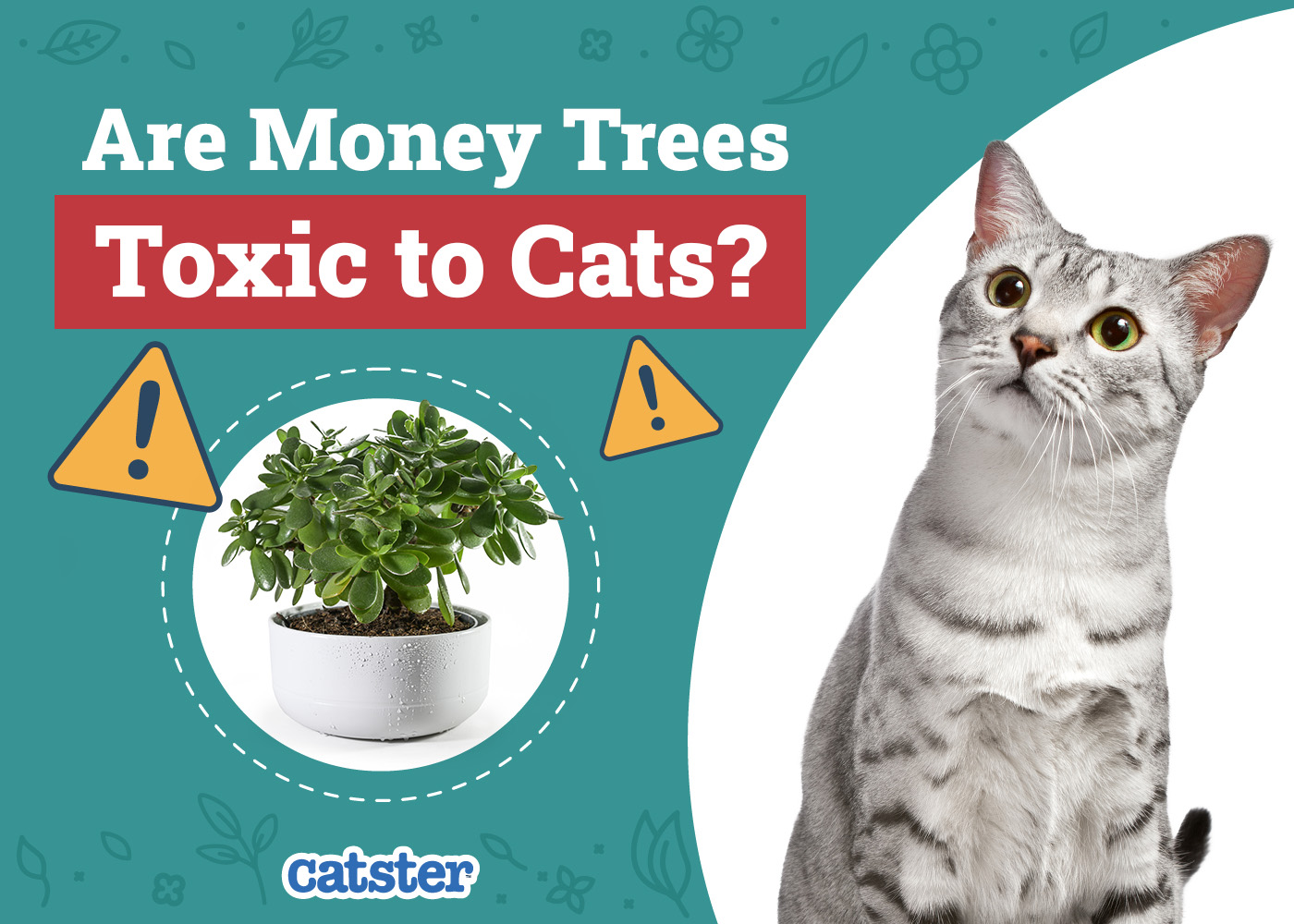
Credit: www.catster.com
Here's a related post that you might find useful. Is Calathea Toxic to Cats? Vet-Approved Safety Guide
Preventative Measures
Cats love to explore and chew on plants. Money Tree plants, though popular, are not toxic to cats. Keeping them around can add greenery without harm. Always monitor plant interactions to ensure safety.
Safe Placement In Homes
Place Money Tree plants out of reach of cats. High shelves or hanging planters are great options. Ensure they cannot climb to these spots. Cats are curious and agile. They may find ways to reach their targets. Secure the plant’s location. Consider areas that are less accessible to cats.Alternative Pet-friendly Plants
Choose pet-friendly plants as alternatives. Spider plants are safe and non-toxic. They also add beauty to your home. Boston ferns are another safe choice. They are lush and appealing. Consider bamboo palm plants. They are non-toxic and add a tropical feel. Having safe plants ensures a harmonious home environment.Emergency Response
Concern arises about money tree plants and cat safety. Money trees contain saponins, which may harm cats if ingested. Symptoms include vomiting, drooling, and discomfort, so keep these plants out of reach to ensure feline well-being.
When your beloved feline gets curious about your money tree plant, it’s essential to know how to respond swiftly. Cats are naturally inquisitive, and a nibble here or there can sometimes lead to unexpected issues. While the money tree plant is generally considered non-toxic to cats, it can still cause discomfort if ingested. Understanding what to do in such situations can make all the difference for your furry friend’s health.Recognizing Symptoms In Cats
Spotting the signs early can save your cat from unnecessary pain. Look for symptoms like drooling, vomiting, or a sudden change in behavior. If your cat seems lethargic, or you notice swelling in their mouth or throat, it’s time to act. Your cat might also exhibit pawing at the mouth or show a loss of appetite. Keep an eye on these subtle indicators. Quick recognition can lead to quicker relief for your pet.Steps To Take If Ingested
First, remain calm. Panicking will not help your cat. Instead, gently remove any remaining plant pieces from their mouth. Next, offer your cat water to help flush out any lingering particles. Water can also alleviate minor irritation in the mouth or throat. Contact your veterinarian immediately. They can provide specific advice based on your cat’s symptoms and history. It’s always better to be safe and get professional guidance. Remember, having a plan for emergencies can bring peace of mind. Have you ever faced a similar situation with your pet? How did you handle it? Sharing experiences can often help others prepare better for unexpected events. By understanding these emergency responses, you can ensure that your cat stays safe and healthy. Keeping an eye on your pet and being prepared can make a significant difference.Consulting A Veterinarian
Consulting a veterinarian can clarify concerns about the toxicity of money tree plants to cats. These experts provide advice on potential health risks and suggest safe alternatives for pet owners. Ensuring a safe environment for cats is crucial in preventing accidental ingestion of harmful substances.
Consulting a veterinarian is crucial for ensuring your cat’s safety. Money tree plants can pose risks to your feline friend. Understanding when to seek professional help is vital. It helps prevent serious health issues. A vet can offer guidance and reassurance. They can assess symptoms and suggest treatments. Preparing for a vet visit is equally important. It ensures you gather necessary information. This will aid in the vet’s diagnosis.When To Seek Professional Help
If your cat ingests a money tree, contact a vet immediately. Symptoms like vomiting or diarrhea are red flags. Your cat may also show signs of lethargy. Any unusual behavior should prompt a vet visit. Do not wait for symptoms to worsen. Early intervention is key. It can prevent complications and ensure quick recovery. Even mild symptoms should not be ignored. A vet can provide peace of mind.Preparing For A Vet Visit
Gather information before the vet visit. Note any symptoms your cat shows. Record the time since ingestion. Bring a sample of the plant, if possible. This helps the vet identify toxins. Consider writing down questions for the vet. It ensures you cover all concerns during the visit. Proper preparation can streamline the process. It aids in effective communication with the vet.Care Tips For Pet Owners
Money Tree plants add beauty to any home. But pet owners worry about safety. Are these plants toxic to cats? The answer is no. Money Tree plants are safe for cats. Yet, it’s vital to ensure your pets stay healthy. Learn how to keep both your plant and your pet happy. Discover care tips that work well for your unique home environment.
Balancing Plant And Pet Safety
Keep your plant out of reach of your cat. High shelves work well. Teach your cat to avoid the plant area. Use gentle methods. Cats love to explore. But safety is key. Ensure your plant is secure. It’s important for your pet’s health.
Water your Money Tree regularly. Overwatering can harm the plant. A healthy plant is less appealing to a curious cat. Check the soil often. Dry soil means it needs water. This routine keeps your plant thriving and safe.
Creating A Harmonious Environment
Design your space with care. Cats need room to roam. Create cozy spots away from plants. Use cat-friendly furniture. Scratching posts keep cats busy. They help direct attention away from plants.
Monitor your cat’s behavior. Watch for signs of plant interest. Adjust your setup as needed. Every home is different. Find what works best for yours. Happy pets lead to happy homes.
Credit: www.reddit.com
Frequently Asked Questions
Are Money Tree Plants Safe For Cats?
Money tree plants are generally non-toxic to cats. However, ingesting any plant can cause mild digestive upset. It’s best to keep them out of reach to avoid any potential issues.
What Symptoms Show If A Cat Eats A Money Tree?
If a cat eats a money tree, they might experience mild vomiting or diarrhea. These symptoms are generally not serious but monitor your cat closely. If symptoms persist, consult a veterinarian.
How To Prevent Cats From Chewing Money Tree Plants?
To prevent cats from chewing, place the plant in inaccessible areas. You can also use deterrent sprays safe for cats. Providing alternative chewing options like cat grass can help too.
Can Money Tree Plant Care Affect Cat Health?
Proper plant care ensures no harmful mold or pests develop that could affect cats. Keep the soil healthy and the plant clean to maintain a safe environment for your pet.
Conclusion
Money Tree plants are safe for cats. This brings peace to pet owners. No need to worry about toxicity. Cats and plants can coexist in harmony. Always monitor your cat’s behavior. Some cats may chew leaves. Ensure they don’t eat too much.
Offer them safe toys and distractions. Keep your plant healthy, too. Water and sunlight are key. Create a happy home for both. With care, your cat and plant will thrive. Enjoy the beauty and companionship.

